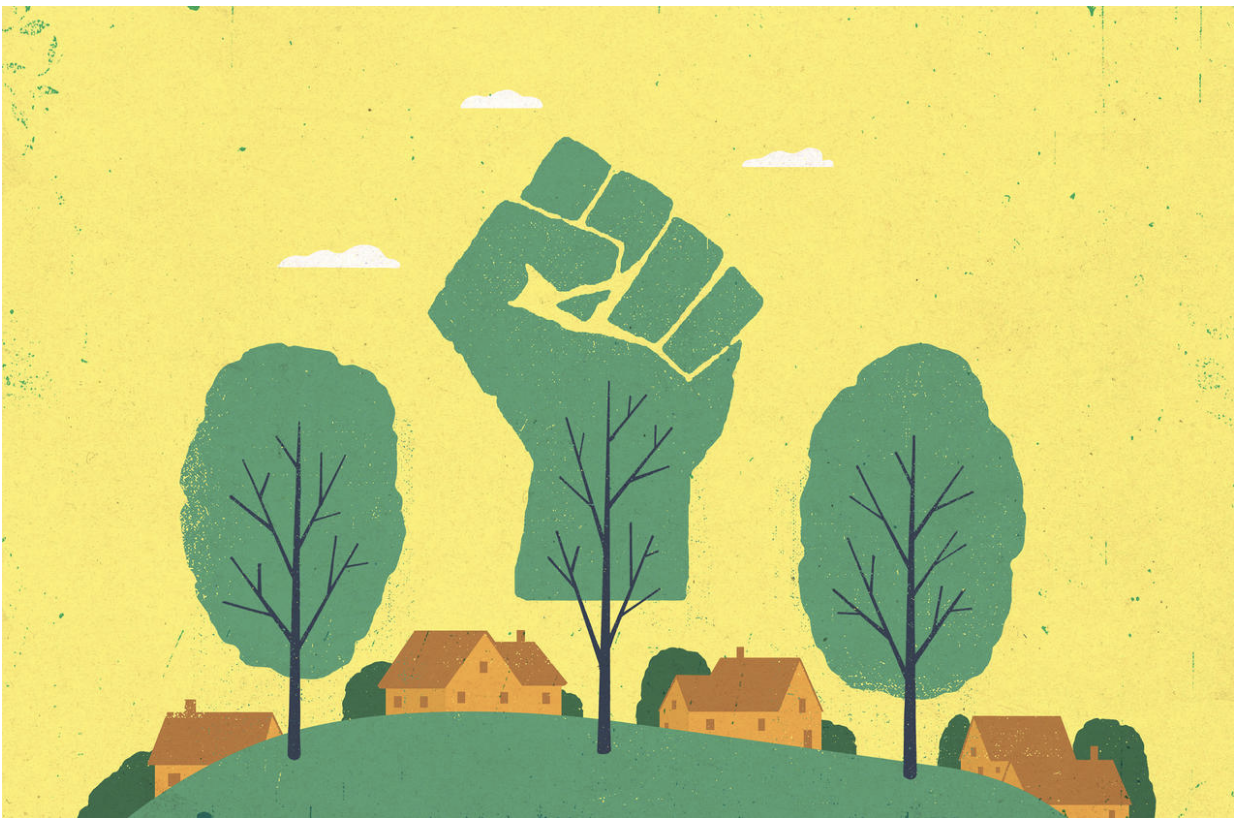In 2018 the IPPC confirmed that climate change is having an impact on the weather. In response, governments and large multinational companies have been making plans to meet a net-zero carbon target by 2050. But is it going to be too late?
One year later, Greta Thunberg stressed in a speech at the European Parliament that nothing was happening to reduce carbon emissions and that around the year 2030 “… we will be in a position where we will set off an irreversible chain reaction beyond human control that will most likely lead to the end of civilisation as we know it” It is now 2021 and apart from more plans being produced there has been very little action. We are running out of time!
Relying on the politicians and business leaders reacting in time to the impact of climate change is frustrating; but what can I do as an individual? The task looks daunting, I am one person in the UK population of nearly 70 million people but worse I am one person in a global population of nearly 8 billion. It looks hopeless.
Sitting down with a strong coffee I scribbled out what I feel is under my control and therefore what I can do - a form of direct action. Apart from the the usual 3Rs: Reduce, Reuse and Recycle there are a few other areas where I can have an effect.
The first areas where I have some influence is how I spend my money. Whether it is the food that I buy or services that I use such as deliveries, insurance, electricity or water then I should be asking an underlying question about what, if anything, they are doing to combat climate change. If they are not proactively fighting climate change then I need to shop elsewhere.
Another area where I can take direct action on climate change is how I spend my spare time. Can I spend more time working with charities and campaign groups that are fighting climate change? There are many charities including The Wildlife Trusts, campaign groups such Friends of the Earth and the more direct action orientated Extinction Rebellion. One of the key questions that I need to ask before they get my time is how effective are they? A guide to answering this question is their track record at achieving concrete results in fighting climate change.
Finally I have a vote and how I use it has an important affect on the future direction of the country that I live in. Governments have many levers to combat climate change ranging from legislation to taxation and therefore influencing how those levers are pulled is important. Also, how the government runs itself is another important question because they must set an example for other organisations. The same questions can be asked of local government. Looking around at the environment we live in can quickly show what, if anything, is happening by the political party that has the majority. Finally, I should not be voting for myself but for the future of my children and grandchildren.
In the areas outlined above it is important to cut through the fog of talking about plans for combating climate change and get through to what an organisation is really doing and what they have achieved.
The predictions about the way that we live on the climate are based on a complex set of assumptions that at are best an estimate. The tipping point when the situation is irrecoverable may be in another ten years but it could possibly be within the next five. Either way we don’t have much time left but by us all making lots of little changes we can make one big difference.
